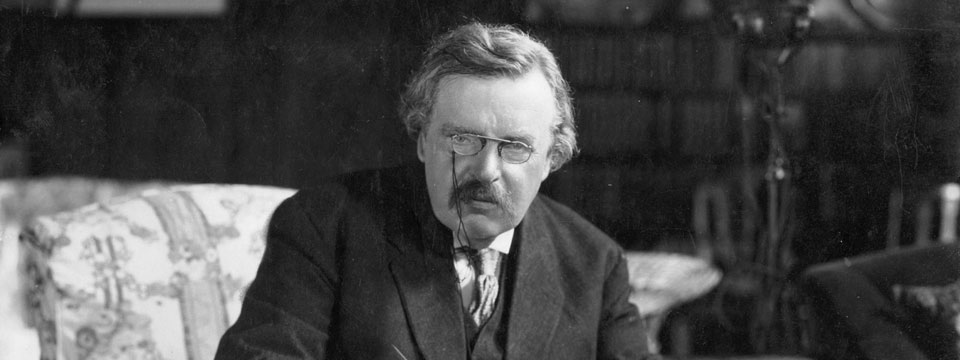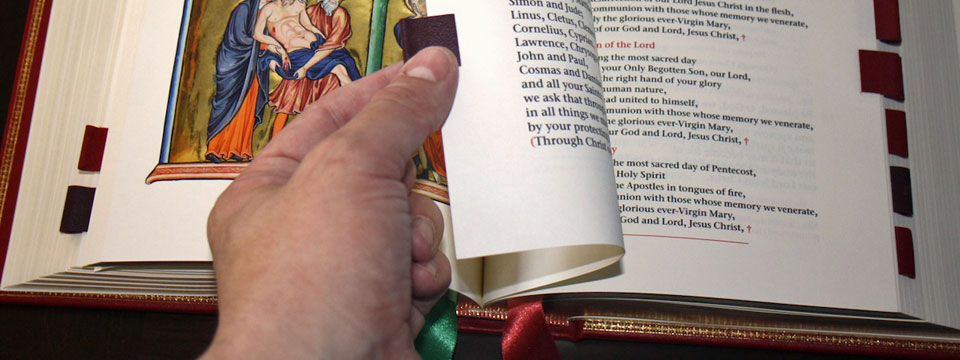My Dear People,
With Christmas in the now approaching, I address an issue which causes me some concern.
In the year 112 AD, Trajan was the Roman Emperor, Pliny one of his Provincial Governors. Pliny was constantly writing to the Emperor seeking advice in handing matters of State. One of his more troublesome issues was what to do with the Christians about whom anonymous accusations were constantly being made. Trajan’s reply was succinct: “The pamphlets circulated anonymously must play no part in any accusation; they create the worst sort of spirit, quite out of keeping with the spirit of our age.”
“Concerned Catholics”
I quote Trajan because a few of my regular correspondents sign their letters “concerned Catholic”, “anonymous Catholic”, or some fictitious name. I want you to know that I discard any unsigned or anonymous letters, especially those which malign or accuse other persons of wrongdoing or offences.
If the accusation is serious and requires intervention, right-minded Catholics must be prepared to identify themselves so that any necessary action may be taken, rather than hide behind anonymous rash judgments which impugn the reputations of others.
In the atmosphere of Christmas, especially, we need to remember that we are a Church of mercy and compassion towards both victims and offenders, not a self-righteous group of individuals seeking blood. The compassionate Christian is not a cowardly vigilante hanging innocent reputations from the nearest tree on a rope of rash judgment. We need to understand that ours is a humane Church whose members are given to imperfections, stupid remarks, tardiness, tensions and conflicts which have always been, and will continue to be, an inescapable feature of Church life. The Church is not, and never has been, a perfect machine where everything runs smoothly and actions automatically match ideals.
Perfectionists will always run up against rigidity of mind, narrowness of vision, stoniness of heart. The one who loves good order, uniformity and strict discipline will always be confounded by a spirit which blows where it will.
The sheer complexity of human situations means that radical individuals, outlandish prophets, far-sighted visionaries, and non-conformists, will never be regulated like alarm clocks.
Our Church will always be riddled with contradictions; will always have a dark side as well as a light side for it is a Church of sinners, the People of God. All people are imperfect and contradictory. To know this we only have to look at ourselves.
Rash judgment
Rash judgments exist when people adhere to their own groundless conviction about another person’s bad conduct. Rash judgment comes into play when we go beyond the evidence available to judge the culpability of the action, attribute evil motives, and decide against the character or morals of the person whose conduct we observed.
The sinfulness of rash judgment has two sources:
- a hasty imprudence with which a critical judgment is reached; and
- the loss of reputation the person suffers in our estimation because we have judged him adversely.
Passing judgment on others seems to be an innate tendency of fallen human nature. We are prone to generalise without accurate premises where others are involved, and to draw sweeping conclusions about their weaknesses and limitations.
It can be just the opposite where we ourselves are concerned. The tendency is to excuse and minimise, often in the face of overwhelming evidence to the contrary.
Christ pointed to the contrast between these two tendencies, bringing out the difference: “Why do you observe the splinter in your brother’s eye, and never notice the plank in your own … take the plank out of your own eye first, then you will see clearly to take the splinter out of your brother’s eye.” (Mt 7:3-5)
Rash judgment is sinful because everyone has a right to the good esteem of his fellow men, even if what he has done is conclusive proof of culpability, or a defective character. Charity forbids our despising a person for what comes to the same thing, thinking ourselves superior because we are not like him.
In order to control this tendency; namely, to praise ourselves and blame others, it is necessary to leave both ourselves and others in God’s hands and trust that in the final judgment the truth will then appear.
Whingeing
In conclusion, may I suggest that if you are a chronic “whinger” about the defects of your neighbour, and everything else for that matter, I have a cure: you might simply focus on not complaining. If this approach works it would be wonderful, but it doesn’t. you don’t cure habitual whingeing by focusing on the complaint. Instead, you rise above your whingeing by developing gratitude for what you are, and have.
Gratitude is a feeling you get when you recognise just what you have been given by God. This is the most effective antidote to negativity. Whingers have a knack of finding problems just about everywhere. Grateful souls, on the other hand, strive to recognise and appreciate all that they have been given. They tend to see all the beautiful things whingers routinely overlook. Gratitude increases one’s generosity and can add energy to those whose vitality has dipped to critical levels.
I can’t imagine how anyone can have a healthy spiritual life without a solid sense of gratitude. One of the many blessings of gratitude is that it serves to connect; it connects you with other human beings and plays an important part in connecting you with God. Whingeing isolates you, while gratitude will connect you and help you to see the good things in your neighbour.





